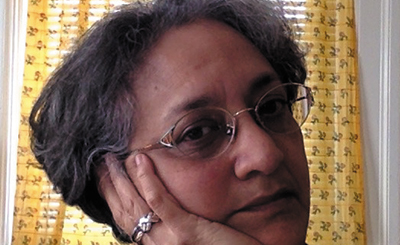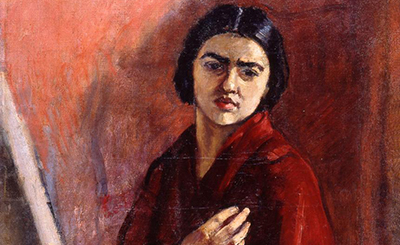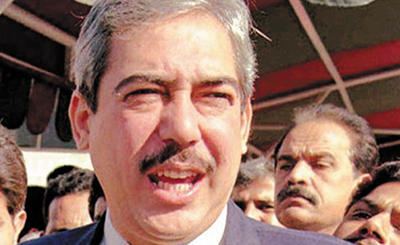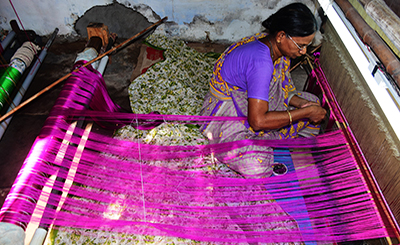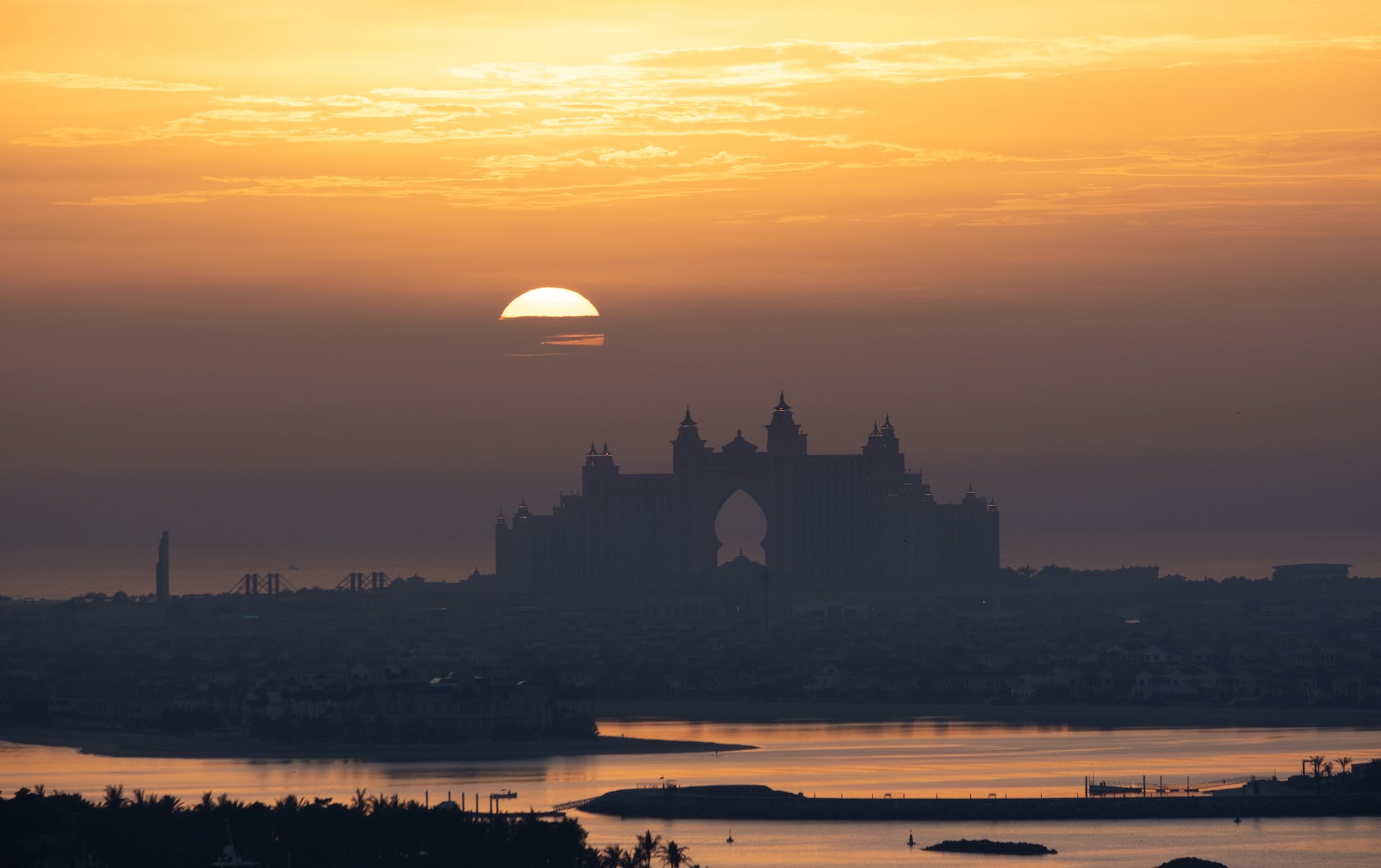
Editor’s note: These poems explore the essence of the human experience through vivid imagery and emotional depth. Reflections on loss and love, and societal tragedies, Bhaumik’s poems masterfully combine the mundane with the profound, inviting readers to contemplate the transient nature of existence and the beauty found in ordinary moments.
The sun has no daughter
i
I stub the day in the ashtray
and look at the roundness of the sun
dramatically poised,
ready to script its timeless tale of victory
reddening the Arabian Sea,
creating the trappings of an epiphany for a poet,
a timely click for an opportunistic photographer,
winding up work with a bidi stuck in his mouth for a daily labour,
patiently counting each day, seeking salvation through rosary beads for a wrinkled grandma,
handing me my coffee with a familiar gummy smile, rushing through kitchen chores
in her hyphenated world, for Savitri.
ii
Some mythology suggests Savitri as the daughter of ‘Savitr’ or the Sun god.
Some others say, Savitri might have been a Hindu princess ...whether or not, has never mattered.
The sun and our Savitri are akin, speak the same dialect,
a perennial life force; proving their worth everyday.
The war and victory jostling for space in local train,
the dream city and luxury apartments luring her out of her damp shanty, the colourful buckets of water, steel almirah, her spicy kitchen.
Her round bindi, determined and proud, sitting in between the brows
lighting up her face, nosepin, her sunflower printed synthetic saree, neatly tucked in
the overworked tongue wagging —
words jetting out like teeming crowd at Bandra Station
Savitri is the common noun and proper noun of her ilk and family.
iii
A day in the wetness of September, our living room and kitchen fell silent
The television and its barrage of news
petrol price, padyatra, Covid comeback, GDP growth, municipal elections and so on.
Then they referred her as sister of ‘Nirbhaya’
— face not shown, neither any name flashed,
she would have loathed such anonymity, I’m quite sure.
There were candle marches and memorials.
I did not attend any, stayed aloof.
Long after, when shock and horror ripples had subsided
I met her brother to visit the station washroom where it happened
It was unbelievable as how she could be tamed therein and bled to death !!!
But sometimes, strange things happen and changes the way we view the sun again.
Journey of a vowel
‘The life of a man is entirely occupied by the bloody osmosis of dreams and love.’ — Salvador Dali
A vowel falls in the quicksand of time, becomes a fruit
— an orange
You think of marmalade —
your tongue circles around the curvature of the night to taste it.
The rhythm of our breath, the quest of tangibles to reach a place that shimmers like a mirage makes cities and civilisations melt in our mouth
An obelisk stands, piercing the passion of the flesh, connecting the carnal with the eternal.
An origami bird flies away with a fairytale in its beak
The swishing sound of an omen traverses a dusty road.
You and I rush past each other through narrow alleys that do not take us anywhere
Days and years ride on a Ferris wheel
The ornate mirror of our room trembles with the tale of love and betrayal
A cartload of wish gets reduced to snatches of dreams that slip through our fingers like water.
Night is an oval locket of lapis lazuli.
Its colour pales with the first tinge of orange on the eastern horizon.
A vowel transforms itself into a colour, brings forth another day.
An envelope of sorrow
‘A postman delivers a legal notice.
A storm rages through the western sky.
A bird nest falls from a high branch of a tree.
A child woman trembles within.’
Music becomes lullaby
for a lonely grown up like me.
The tune travels far...
far till it becomes a dandelion,
sails away to another land
where quaint old balconies with stories
hanging down; greet in silence.
I meet old friends and neighbours.
ambling along or passing by,
speaking a language that paints
the canvas of early days
our lane, the nearby park, its turnstile gate,
the broken glass of my grandma's bedside window,
light filtering in,
the noisy backyard, our hopscotch evenings.
Time that has slipped by
ghost walk in my eyes.
I turn over to the other side of sleep
Sorrow, like succulents, has propagated
I put them in some other ceramic pots
call them ‘hurt’ or ‘loss’ or ‘loneliness’
An unopened white envelope looks like a
corpse
its lifeless body lying on the bedside table
The heart cringes,
stands still near a cliff.
A cloud of anticipation spills a dense silence,
spreads the musk of my lost
h e a r t b e a t s.
Elegy to a museum of brokenness
‘In this part of the story, I am the one who dies......’ — Pablo Neruda
I remember myself being there months ago,
till the shrunken city had no place for the two of us .
It grew smaller like a balloon losing its gas, diminishing,
becoming a crumpled mess
in my room that I struggled to tidy up,
but it followed me like a shadow through lonely tram tracks at night
skirting around the silence of Dalhousie Square, our office para,
sitting on the dusty steps of giant buildings that bustle with busy footsteps on working days of the week,
the haze of neon lights chronicling the saga of the fatigued roads and parks and boulevards,
the muddy waters of Hooghly lapping my feet
in the wee hours of dawn
making me realize that I was searching for and fleeing from all that the city held for us.
I remember the sultriness of the city splitting, scattering,
the rage of ‘kalboisakhi’ lashing against the greyish windowpane, while you and I marvelled at how our tongues turned out to be cartographers,
the storm in us lasting beyond the madness of April showers.
And just when we let words like ‘permanence’ and ‘commitment’ trickle in
that a lid blew off, prompting us to seek asylum in old friends and pubs,
a sudden urge to tone up the muscles, look fitter,
denying pain just as a young boy denies pain on the soccer field lest he appears less of a man to his playmates.
That lasted for sometime, till my eyes saw you everywhere,
I screamed, went out on dates, only to return to the absence of your body musk.
Finally on a rainless night, I quit.
Kalboisakhi: Norwester; para: neighbourhood; Dalhousie Square: downtown area of Kolkata; Hooghly: Kolkata stands on the banks of River Hooghly.
A ritual of tea
Tea is a verb for us,
a ‘doing word’ — well, that’s how I teach
verb to my younger students.
The first cup and our vocabulary sprouts
filling up the awkward spaces of inertia
creating conversation over this and that,
charting the course of the day for
two people — boring, monotonous,
who, in their midlife have
nothing more to share.
Tea becomes a verb
after a tiring day when we sit in front
of the television,
news channels, IPL, reality shows grab
our attention
as we take sips from our blue cups,
removing the veil of wordless aridity,
till the ping pong of words
populate the room,
and we exclaim, feel aghast, wonder,
talk animatedly as to who would win,
till our eyes dim.
We retire to bed
sleep like two continents.
More from The Byword
Comments
*Comments will be moderated





